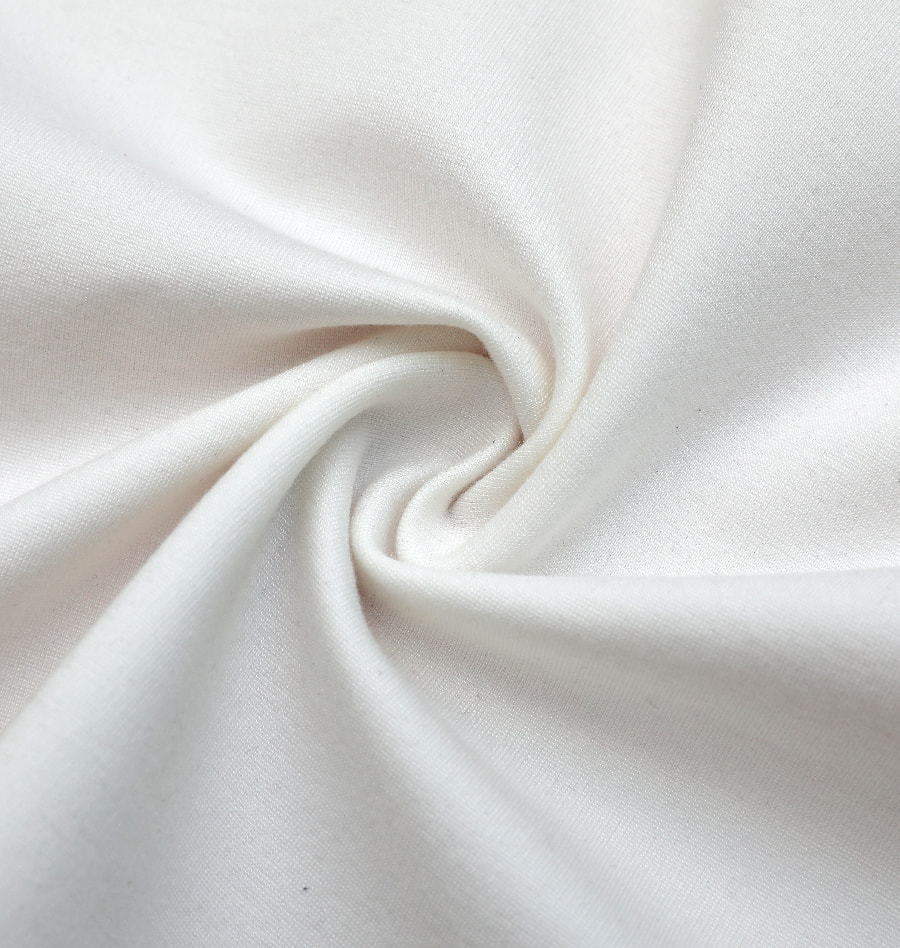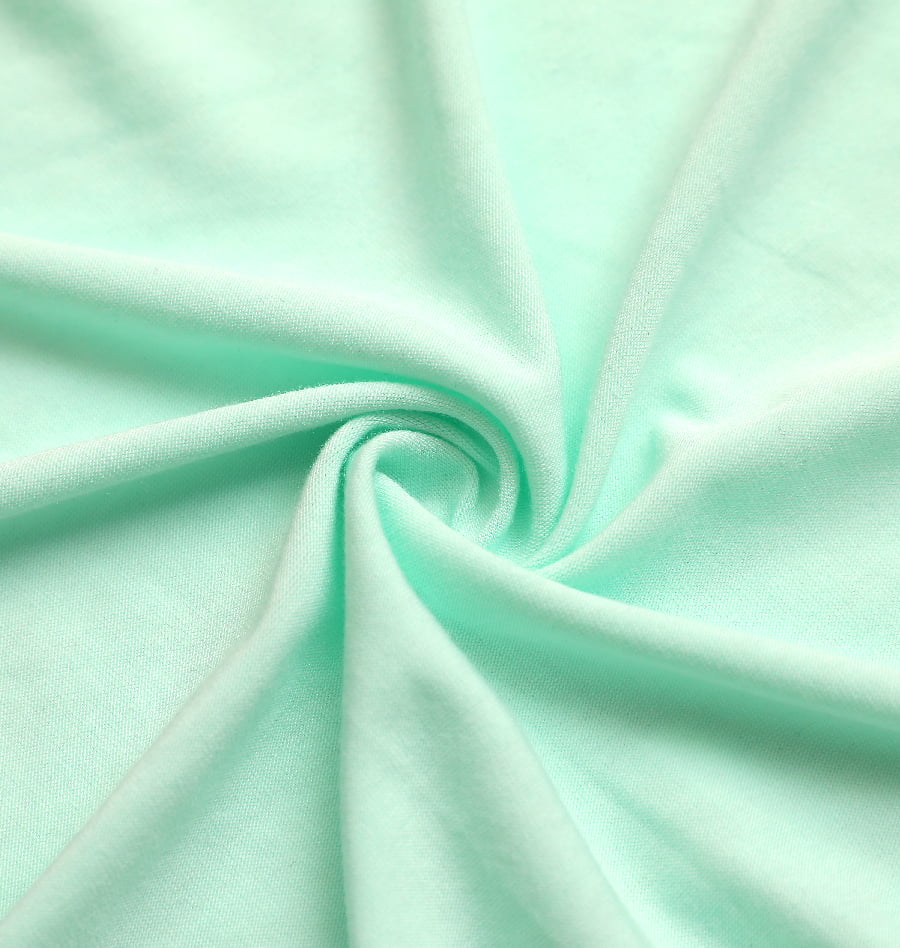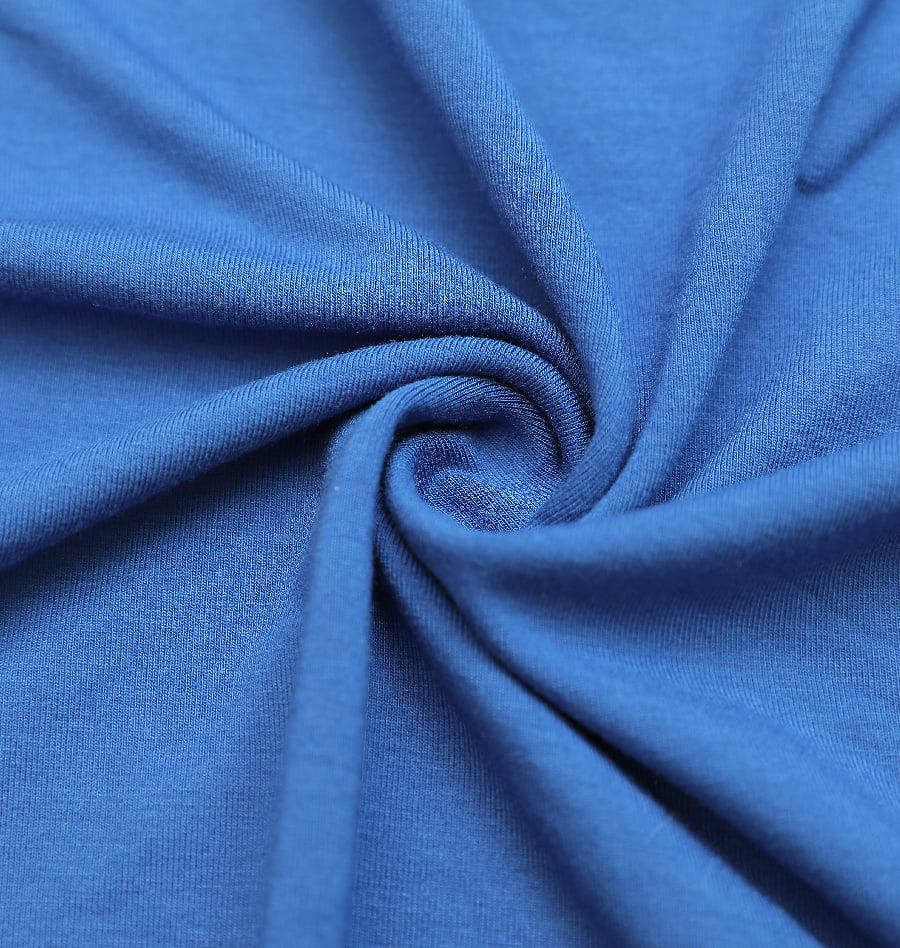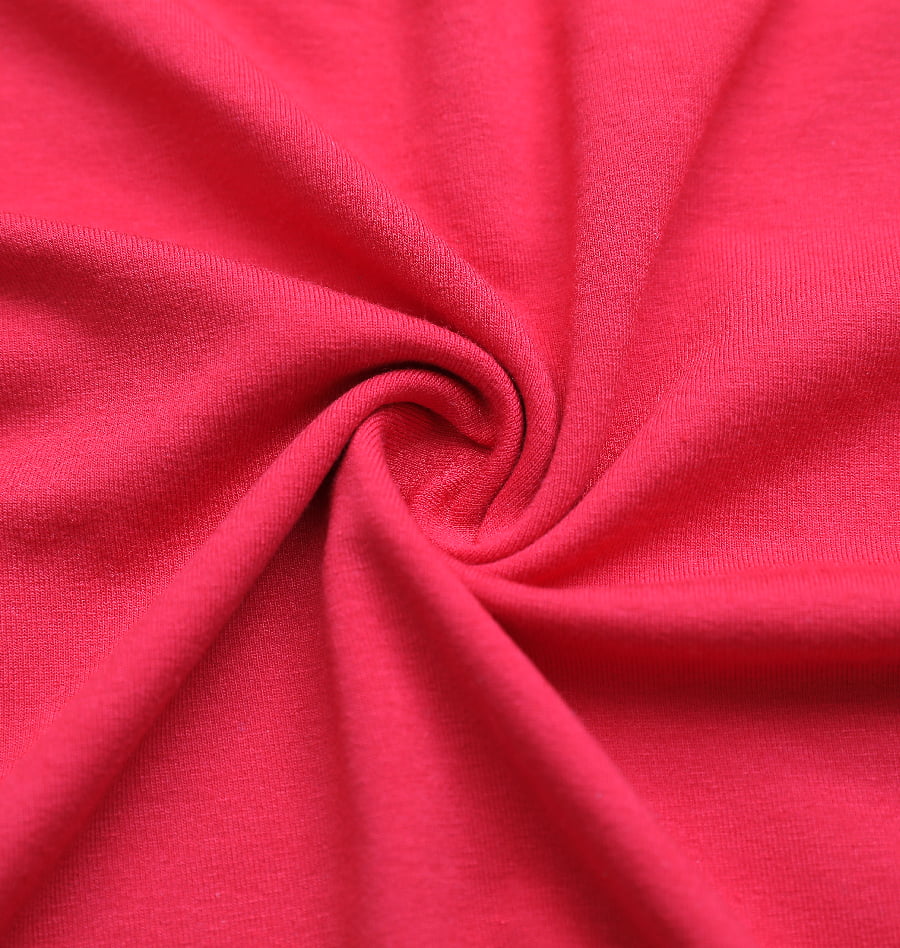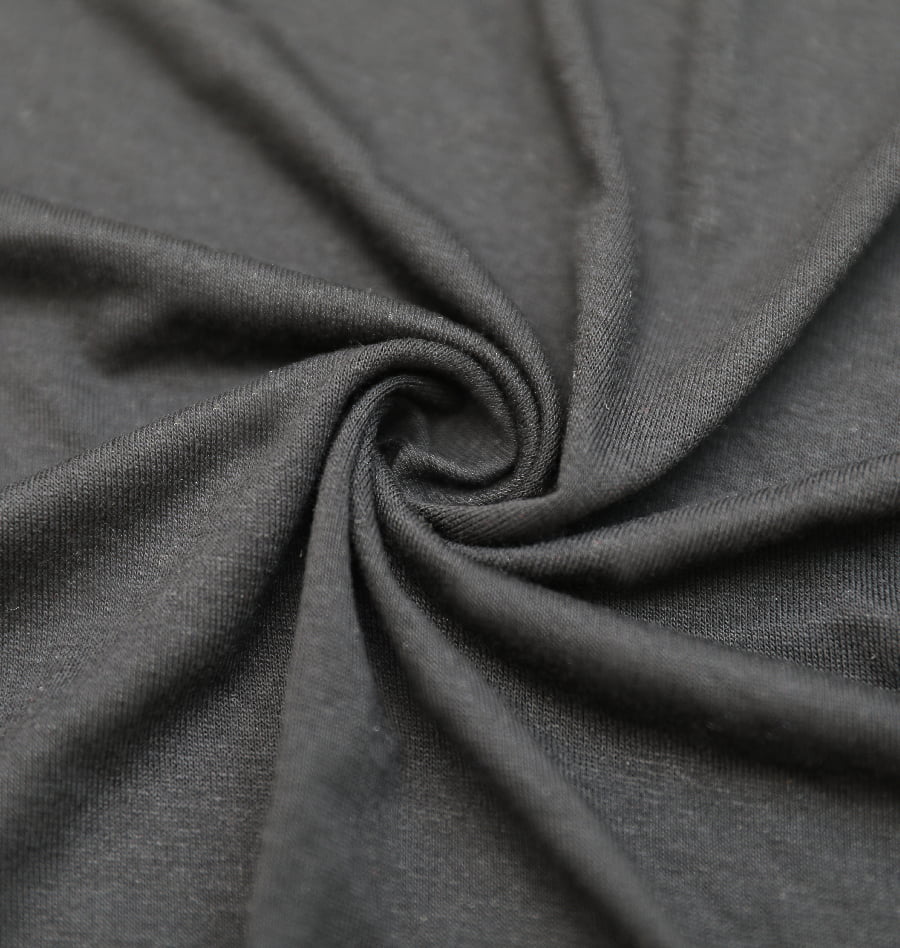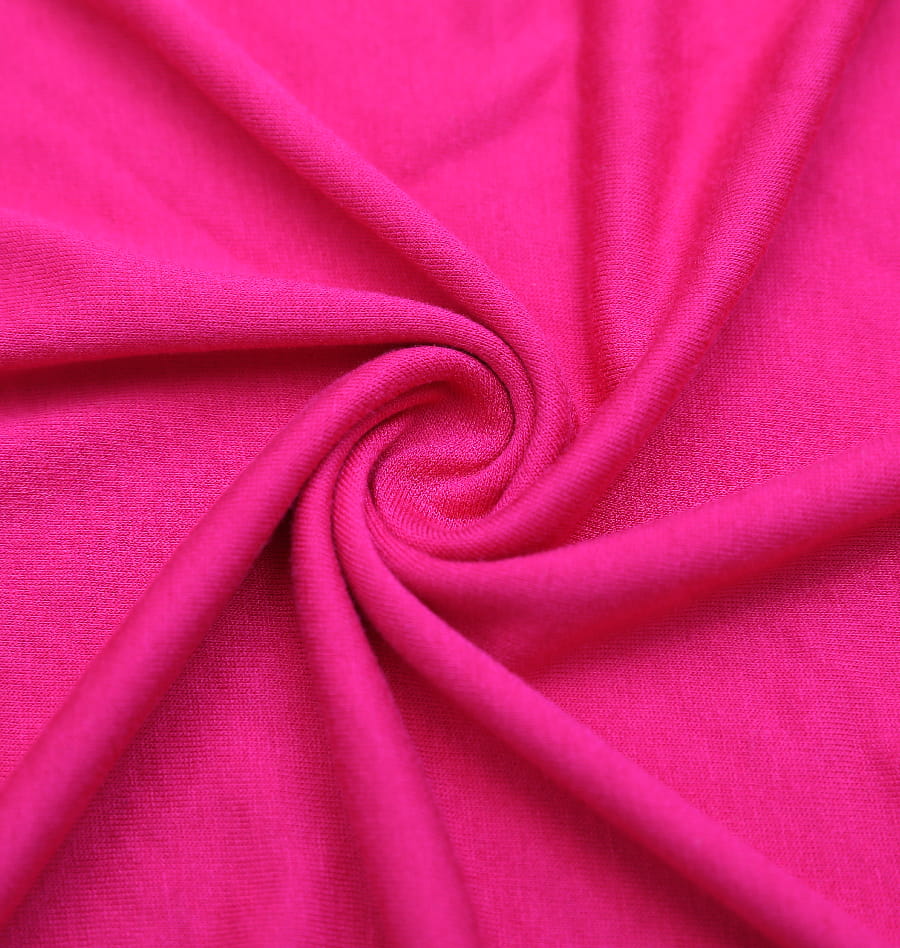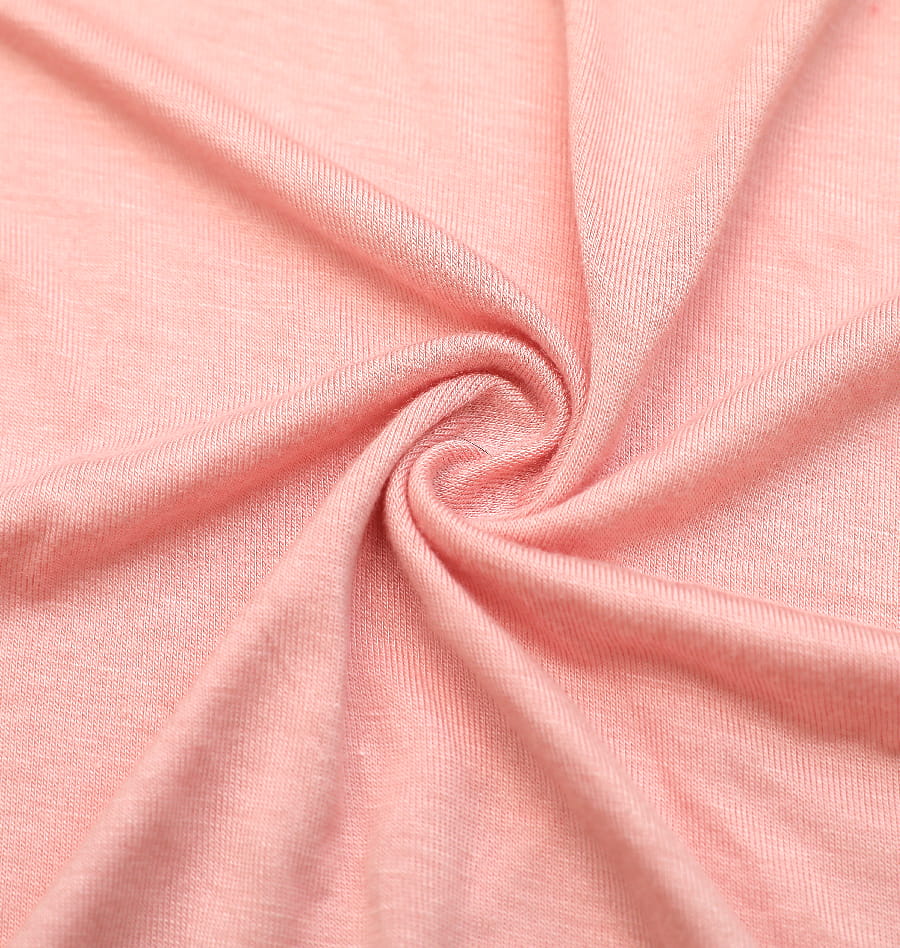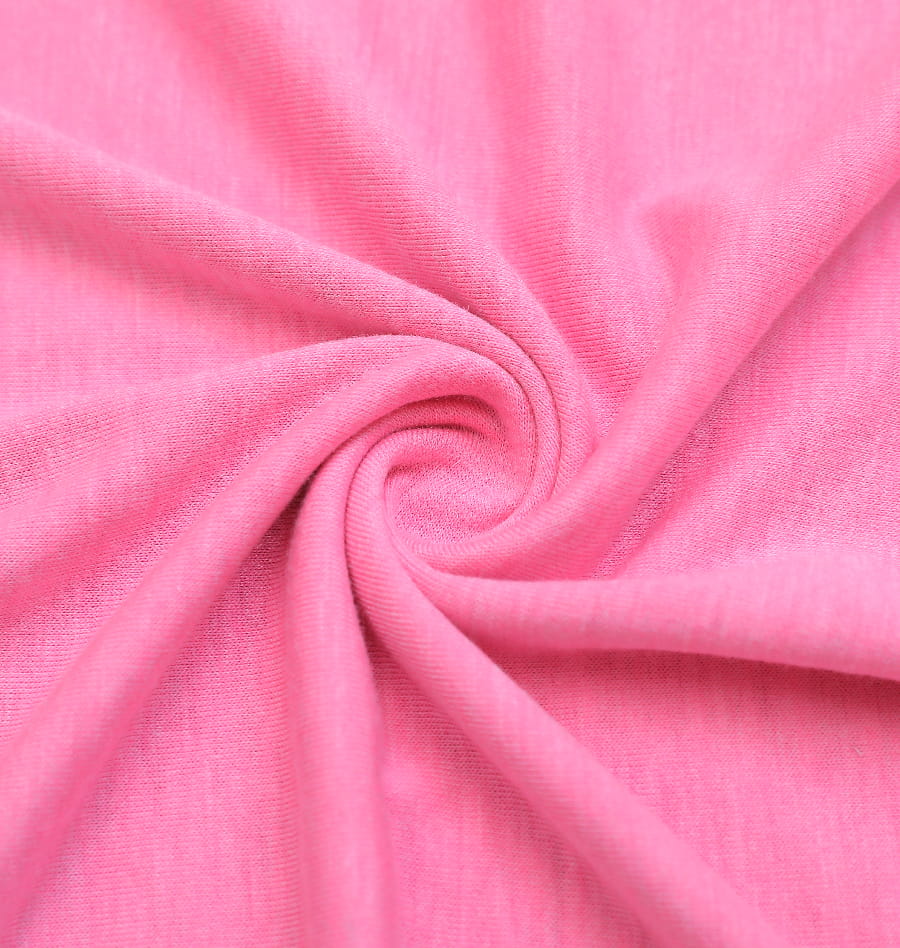The history of textile fabric dates back thousands of years, with evidence of early forms of fabric production found in ancient civilizations. From the simple weaving of plant fibers to the complex processes of modern textile manufacturing, the evolution of textile fabric has been driven by human ingenuity and the need for practical solutions. Over time, advancements in technology and materials have transformed textile production, enabling the creation of fabrics that meet the ever-changing demands of our society.
Textile fabric encompasses a vast array of materials, including natural fibers such as cotton, silk, wool, and linen, as well as synthetic fibers like polyester, nylon, and acrylic. Each type of fabric offers distinct characteristics and advantages, allowing for a wide range of applications. Cotton, for example, is known for its breathability and softness, making it ideal for clothing and bedding. On the other hand, synthetic fibers like polyester provide durability, wrinkle resistance, and moisture-wicking properties, making them suitable for athletic wear and outdoor gear.
One of the primary advantages of textile fabric is its ability to be manipulated and transformed through various processes, such as weaving, knitting, dyeing, and finishing. These processes allow for the creation of different fabric structures and patterns, enabling customization to meet specific requirements. Fabrics can be woven into intricate designs, knitted into flexible and stretchable forms, or even coated and treated to enhance properties like water resistance or flame retardancy. This adaptability makes textile fabric a versatile material that can cater to a wide range of industries and applications.
Beyond its aesthetic and functional qualities, textile fabric plays a significant role in sustainability and environmental consciousness. With growing concerns about the impact of fast fashion and textile waste, there is an increasing emphasis on eco-friendly and sustainable fabric production. Innovations such as recycled fibers, organic cotton, and bio-based materials are gaining popularity, reducing the carbon footprint and waste generated by the textile industry. Additionally, advancements in textile manufacturing processes have led to reduced water consumption, energy efficiency, and the development of biodegradable materials, contributing to a more sustainable future.
In the fashion industry, textile fabric is the canvas upon which designers unleash their creativity, enabling the creation of unique and expressive garments. Fabrics can be chosen for their draping qualities, printability, or texture, allowing designers to craft garments that reflect individual style and artistic vision. Moreover, textile fabric is not limited to the fashion realm alone. It finds extensive use in home furnishings, automotive interiors, medical textiles, geotextiles, and even architecture, showcasing its versatility and adaptability across various industries.


